Curated by: Sergio A. Martínez
As a software developer, how do you measure your own growth? Is it about a salary or promotions? Or is it measured by successful projects, satisfied clients, and a better understanding of systems? Or even by how you improve at writing code and designing applications? That’s the beauty of growth for software developers: there is a learning opportunity every day if you look for it, and with every project, there’s something new to discover. After all, there’s a reason why software development it’s such an exciting field, filled with plenty of opportunities for growth at every level.
We have talked before about this way of thinking, known as a Growth Mindset, where developers acknowledge they can always get better, and actively strive to improve their knowledge and skills. After all, viewing your programming proficiencies as expandable, and having an openness to improving existing skills or learning new ones, can be invaluable when it comes to excelling in software development. Furthermore, being aware that you aren’t expected to know everything from the start and having access to resources that enable you to learn, can give you the confidence to take on any challenge on your way.
After all, software development is about challenges, so it’s a good idea to stretch your abilities and improve your skills at every turn. Assuming responsibilities that encourage you to think outside the box, use innovative approaches, and become flexible when problem-solving enhances your knowledge because you get to understand concepts on a deeper level, becoming able to tackle any challenges. Not only will this help take you further in your career, but it will also lead to more satisfaction in your work since you will feel accomplished after mastering a new skill.

That’s why working at a company that allows you to grow and learn can be extremely beneficial for a developer. Apart from mastering your technical and personal skills, it can allow you to form connections with multiple people in the organization, develop your problem-solving abilities, and acquire experience in teamwork. There’s no downside to stretching yourself to reach new heights.
That’s why we have what we call “stretch assignments” at Scio, a way to test the skills of our developers, encouraging them to take on a challenge that could help them grow and learn what otherwise they wouldn’t. These stretch assignments can be defined as “tasks outside the developer’s usual comfort zone during the development process” and can go from implementing new technologies into their workflow (on the more technical side) or trying their hands at leading teams or establishing direct contact with clients (on the softer skill side), always with the idea of “pushing the envelope” a little further.
However, the main idea behind these stretch assignments is to let the developers test the grounds in a controlled environment where a less-than-positive outcome wouldn’t have negative consequences, letting them become comfortable with their skills before taking full charge. That way, growth is constantly encouraged for anyone looking to improve in any area they want.
“Without a doubt, my biggest challenge during 2022 was adapting to work with a stack of technologies new to me, and it made me realize that I possess the flexibility to learn and try new things. In my case, the recipe to acquire new learnings in a short time, and applying them at the same time, involved looming deadlines and the unconditional support of my team”, says a developer at Scio when we did an anonymous survey about their growth stories this year. “Looking back at 2022, I feel satisfied with how I managed to adapt, trust myself more, and feed my confidence for whatever comes next. Thanks to the Scio for the support and challenges!”
After all, with new advancements and technologies organically coming up every day, developers need to enhance their knowledge base constantly, and good companies not only realize the value of this but also offer the resources necessary to make it happen. This provides developers with excellent insights into different approaches that can help them understand and execute complex tasks quickly and hone their skills further.
“My biggest challenge in 2022 was managing to work on my soft skills. These are super important in a field like software development, and I had issues with properly using and applying them, but with the help of Ángeles, my team led, the Scio Leadership Program, and some of the Sensei-Creati workshops I participated in, I learned to communicate better, become a better leader, mentor, coach, and become better on both my personal and professional life. I hope to learn so much more in the coming 2023 because at Scio there’s always a new challenge to tackle.”
This point is essential because soft skills are often an overlooked but essential part of being a successful software developer. The ability to collaborate and work as part of a team, express complex concepts in simple terms, and even have problem-solving capabilities are critical skills needed by any competent programmer. Good communication and interpersonal skills enable software developers to take on difficult projects without feeling overwhelmed or burnt out, and they can help build better relationships with stakeholders and make it easier for them to understand user requirements clearly.
Furthermore, having strong social graces makes it easy for developers to stay current on industry trends and be open to learning new things quickly. Ultimately, soft skills aren’t just advantageous—they’re integral if you want to maximize your success in this field.
“As a developer, I was always used to relying on hard skills to get the job done. But when I was assigned a project that required me to leverage soft skills, it felt like entering uncharted territory. I had to learn how to read people, pay attention to their emotions, and understand subtle nuances in conversations that would help me solve the problem”, says another of the responses we got. “It wasn’t easy, but after spending time talking with team members and understanding their different perspectives, the challenge became rewarding. With practice and patience, soft skills became an invaluable part of how I work.”
The main takeaway here is that it can be easy to feel stuck in your comfort zone, especially if it’s a skill or language you’ve been working on for a while. One of the best pieces of advice we can offer you is to focus on small wins; taking on something bigger, like learning an entirely new language all at once may feel overwhelming. Instead, try smaller goals that will give you lots of room to grow and take pride in the progress you’re making.
Also, don’t forget the power of collaboration! Grabbing lunch with someone from another technology team can be a great way to spark creativity and gain insight into how they tackle role-specific tasks (which is one of the reasons why our hybrid remote/in-person collaboration model is working out so well). All this to say, don’t be afraid to take a step back and reassess where you can improve yourself – there’s no such thing as too much knowledge!
Final words

As a developer, it’s important to constantly push your skills and take on new challenges. Identifying an opportunity to practice something that you haven’t done before or feel might not be in your wheelhouse can open many doors in your career. You don’t have to say yes to everything (just the ones you can reasonably handle!) but having the willingness to learn and try new things should always be top of mind. Not only will this help you develop useful strengths for future projects, but it also shows potential employers that you are ready and eager to keep growing.
Moreover, by shifting gears between different projects and even languages, you get better at adapting quickly and problem-solving efficiently – both crucial qualities for successful software developers. So, stretch yourself whenever possible — what may seem like a challenge could become one of your greatest assets!
The Key Takeaways
- For a software developer, expanding their skills and growing at every opportunity are critical to success.
- The best companies out there know the value of a growth mindset and try to offer the resources and opportunities to their developers to expand their skill set.
- At Scio, we have what we call “stretch assignments” that allow a developer to test new skills in a controlled environment to cultivate their skills.
- And even outside of these, you can stretch your skills by focusing on small “wins” when testing new soft skills or technical tools, like frameworks and languages.
Scio is an established Nearshore software development company based in Mexico that specializes in providing high-quality, cost-effective technologies for pioneering tech companies. We have been building and mentoring teams of engineers since 2003 and our experience gives us access not only to the knowledge but also the expertise needed when tackling any project. Get started today by contacting us about your project needs – We have teams available to help you achieve your business goals. Get in contact today!
